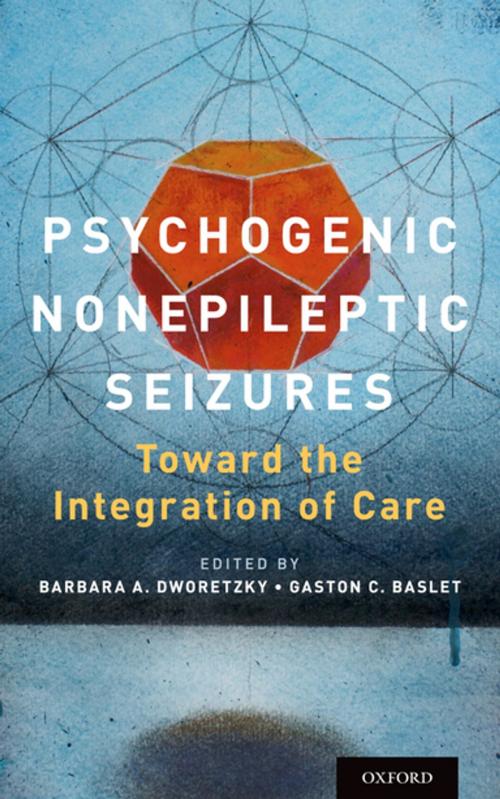Psychogenic Nonepileptic Seizures
Toward the Integration of Care
Nonfiction, Health & Well Being, Medical, Specialties, Internal Medicine, Neurology| Author: | ISBN: | 9780190265069 | |
| Publisher: | Oxford University Press | Publication: | April 12, 2017 |
| Imprint: | Oxford University Press | Language: | English |
| Author: | |
| ISBN: | 9780190265069 |
| Publisher: | Oxford University Press |
| Publication: | April 12, 2017 |
| Imprint: | Oxford University Press |
| Language: | English |
Psychogenic nonepileptic seizures (PNES) are attacks that mimic epileptic seizures, but are not caused by abnormal electrical discharges in the brain. Instead, PNES are typically considered involuntary expressions of distress, making diagnosis and treatment a challenge. Historically, patients are referred to neurologists who, after completing a diagnostic work up, refer patients to mental health professionals, including psychiatrists, for treatment. For a number of reasons, this transition of care between specialists is often not successful, and this impacts patient treatment and outcomes. Psychogenic Nonepileptic Seizures: Toward the Integration of Care offers new insights into the practical diagnostic and treatment challenges faced by clinicians who manage this condition. This book covers the different stages of care, from the initial evaluation to long-term outcomes, and highlights the need to work collaboratively to provide patients with comprehensive care and improved outcomes. It provides up-to-date evidence and shares clinical expertise for the management of this challenging diagnosis that requires the expertise of a multi-disciplinary team. The authors provide a new framework on how to conceptualize and manage this disorder to more effectively address the needs of patients.
Psychogenic nonepileptic seizures (PNES) are attacks that mimic epileptic seizures, but are not caused by abnormal electrical discharges in the brain. Instead, PNES are typically considered involuntary expressions of distress, making diagnosis and treatment a challenge. Historically, patients are referred to neurologists who, after completing a diagnostic work up, refer patients to mental health professionals, including psychiatrists, for treatment. For a number of reasons, this transition of care between specialists is often not successful, and this impacts patient treatment and outcomes. Psychogenic Nonepileptic Seizures: Toward the Integration of Care offers new insights into the practical diagnostic and treatment challenges faced by clinicians who manage this condition. This book covers the different stages of care, from the initial evaluation to long-term outcomes, and highlights the need to work collaboratively to provide patients with comprehensive care and improved outcomes. It provides up-to-date evidence and shares clinical expertise for the management of this challenging diagnosis that requires the expertise of a multi-disciplinary team. The authors provide a new framework on how to conceptualize and manage this disorder to more effectively address the needs of patients.















